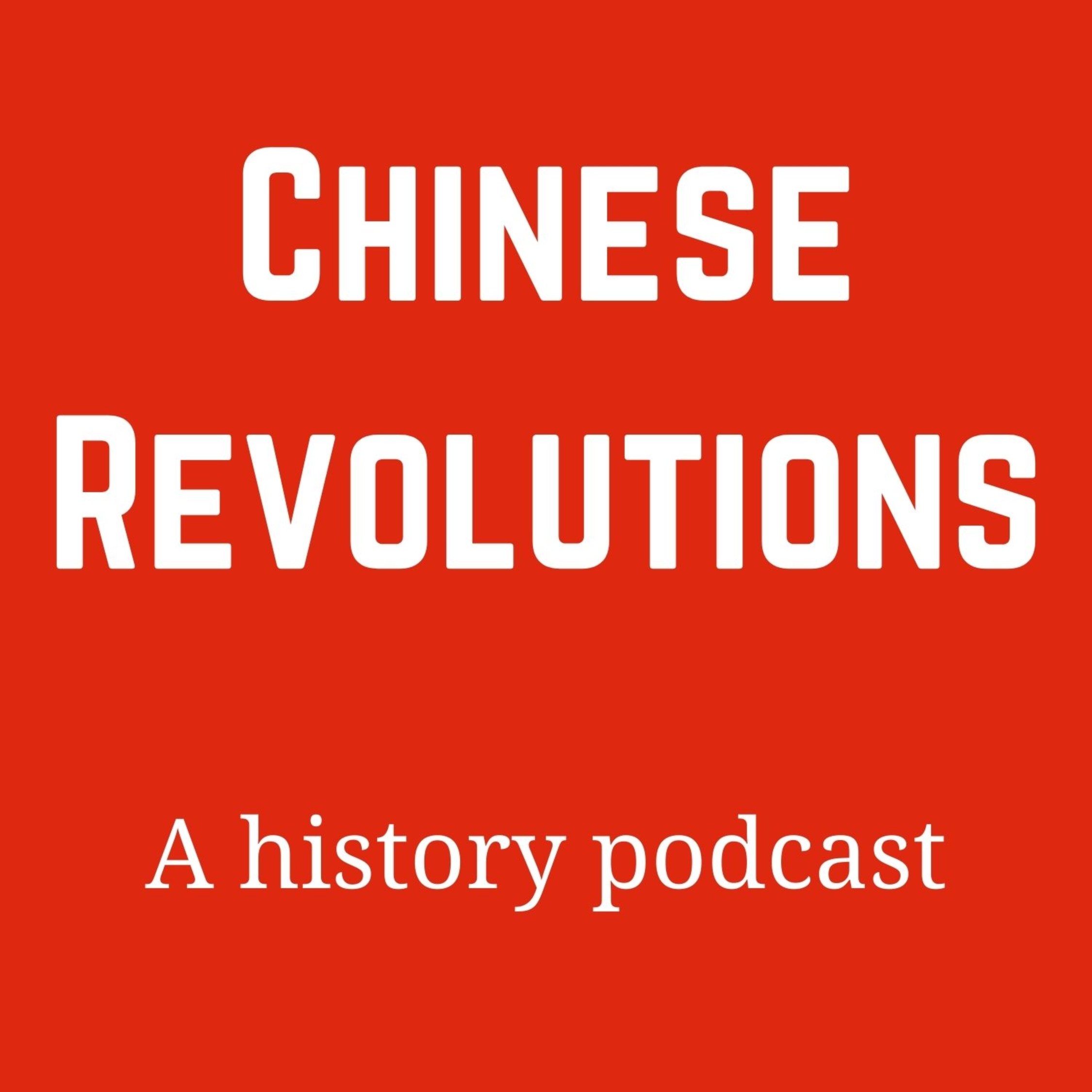S01E04 Chinese Historical Context
Description
Chinese Historical Context: So What Changes in All These Revolutions?
This episode is a Wikipedia-fueled survey of traditional Chinese structures being changed by the revolutions we're about to cover. Today we cover three main things:
Chinese imperial system
Confucian examination system
Chinese economy
Chinese imperial system
Qin Shihuang, the "first emperor of China" set the precedent in traceable history for a unified China. He standardized imperial rule, Chinese writing, weights and measures, the lot.
China sat at the center of an East Asian cultural system. China would occasionally conquer and absorb some neighbor, but even neighbors that maintained their independence were held in the Chinese gravitational pull.
European imperial expansion and advances in European medicine allowed for long-term stationing of Europeans in Asia, and so challenged the centuries-old Chinese imperial cultural sphere in East Asia.
Confucian scholarship and examination system
Confucian scholarship was all about aligning oneself and one's rule with the cosmic order. A series of extremely rigorous examinations governed the rise of talented individuals to bureaucratic offices in the Chinese government.
Educated individuals who did NOT pass these exams formed lower professional classes and they give us the classes from which many revolutionaries emerged.
As the revolutions roll on, a dichotomy will emerge between Western learning and traditional Chinese learning. A new synthesis will emerge ... eventually.
Chinese economy
The Chinese economy was solidly agrarian at the time of the Opium Wars. The difference between 1500 and 1800 is not that great. The coming shock to the Chinese system is the result of the clash between two sides with very different postures in dealing with global events.
China had a centralized money system, but the stress on this as a result of integration with the world economy contributes to the threat to the legitimacy of the Qing dynasty.
Although China had coastal defenses, they didn't have a power projecting navy like the British or other European powers. Piracy was an ongoing concern. Pirates, bandits, and secret societies form an essential dimension of the Chinese economy ... and revolutionary movements.
If You'd Like to Support the Podcast
Subscribe, share, leave a rating. THIS IS FREE!
Give once, give monthly at www.buymeacoffee.com/crpodcast
Subscribe to the substack newsletter at https://chineserevolutions.substack.com/
Also...
Please reach out at [email protected] and let me know what you think!
More Episodes
Published 01/13/24
Published 07/14/22
Published 07/07/22


